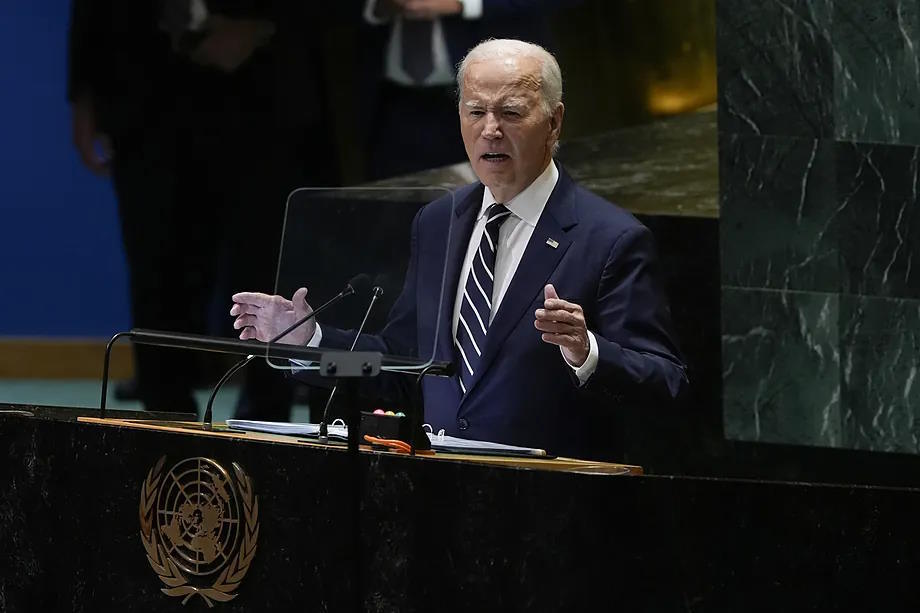The Chief of the General Staff of Israel, General Herzi Halevi, has issued a statement to his troops ordering them to prepare for a possible invasion of Lebanon. Halevi has stated that Israel's wave of bombings in Lebanon, which have caused more than 600 deaths in the last 48 hours according to the authorities of that country, are aimed at "preparing the ground for your possible entry".
According to Halevi, the soldiers of the Ground Army must prepare to "enter enemy territory, enter villages that Hezbollah has prepared to be large military bases," and do so "by force." The general, who is the first Orthodox Jew to hold the highest military authority in Israel, explains to the soldiers that they must show Hezbollah "what it means to face a professional, highly capable, and experienced force on the battlefield. You are much stronger and have much more experience than them."
The message from the Chief of the General Staff of Israel comes just as the government of Benjamin Netanyahu appears to have started mobilizing soldiers for a possible incursion in southern Lebanon, from where the pro-Iranian Shiite militia Hezbollah routinely launches missile and artillery attacks on Israel. Today, amid the escalating violence on both sides of the border, Hezbollah fired a missile at the Israeli capital, Tel Aviv, for the first time, which was intercepted by the Iron Dome missile defense system, funded by the United States.
In the past, Israel has maintained occupied zones in southern Lebanon on several occasions, in a series of attempts to first keep Palestinian forces of the PLO at bay and, from the mid-eighties onwards, Hezbollah. In 1978, Israel invaded Lebanon and penetrated up to the Litani River, about 30 kilometers from the border. Four years later, it carried out a large-scale war in which it occupied the capital, Beirut, forced the PLO to leave the country, and inflicted an epic defeat on the Syrian Armed Forces that occupied the Bekaa Valley in the east of the country. Since then, Israel maintained a security zone in southern Lebanon, supported by a local militia, from which it was expelled by Hezbollah in 2000. In 2006, Israel invaded Lebanon again.
The possibility of Tel Aviv invading Lebanon has raised alarms in Israel's biggest supporter, the United States. U.S. diplomacy has been working for 11 months - since Hamas launched a savage wave of attacks in Israel in which 1,200 people died and another 256 were taken hostage - trying to prevent the conflict from spreading northward. The initiative is supported by Lebanon's former colonial power, France.
On Tuesday, in his address to the United Nations General Assembly Plenary, U.S. President, Joe Biden, called for hostilities not to spread from Gaza and the West Bank to Lebanon. Today, in an interview on the ABC network's 'The View,' one of the most-watched television programs in the United States, Biden once again advocated for de-escalation. The U.S. President has always blamed Hamas in Gaza and Hezbollah in Lebanon for unleashing hostilities with their attacks on Israel, but has also been critical of Netanyahu's government for its massive military operations. However, the U.S. is by far the largest arms supplier to Israel.
